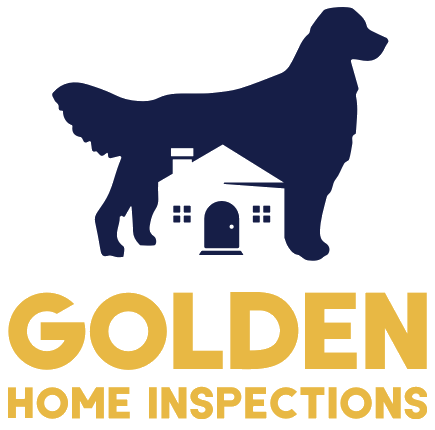In an average air conditioned home, air conditioning consumes more than 2000 kilowatt-hours of electricity per year, causing about 3,500 pounds of carbon dioxide and 31 pounds of sulfur dioxide to be emitted at the power plant and, at average electricity prices, costs you about $150.
- Central A/C units are more efficient than window or through-the-wall units. They are also out of the way, quiet, and convenient to operate.
- High-efficiency A/C units save money on your utility bills.
- High-efficiency A/C units result in fewer environmentally harmful emissions.
Manufacturers generally agree that plants should not be closer than 18 inches. Air conditioners need to take in and exhaust air to operate efficiently. If air cannot circulate, the unit could build up heat and require service.
Central Air Conditioning and Cooling Info
It might surprise you to know that buying a bigger room central air conditioning unit won’t necessarily make you feel more comfortable during the hot summer months. In fact, a room air conditioner that’s too big for the area it is supposed to cool will perform less efficiently and less effectively than a smaller, properly sized unit. This is because room units work better if they run for relatively long periods of time than if they are continually, switching off and on. Longer run times allow air conditioners to maintain a more constant room temperature. Running longer also allows them to remove a larger amount of moisture from the air, which lowers humidity and, more importantly, makes you feel more comfortable.
Sizing is equally important for central air-conditioning systems, which need to be sized by professionals. If you have a central air system in your home, set the fan to shut off at the same time as the cooling unit (compressor). In other words, don’t use the system’s central fan to provide circulation, but instead use circulating fans in individual rooms.
Cooling Tips
- Whole-house fans help cool your home by pulling cool air through the house and exhausting warm air through the attic. They are effective when operated at night and when the outside air is cooler than the inside.
- Set your thermostat as high as comfortably possible in the summer. The less difference between the indoor and outdoor temperatures, the lower your overall cooling bill will be.
- Don’t set your thermostat at a colder setting than normal when you turn on your air conditioner. It will not cool your home any faster and could result in excessive cooling and, therefore, unnecessary expense.
- Set the fan speed on high except in very humid weather. When it’s humid, set the fan speed on low. You’ll get better cooling, and slower air movement through the cooling equipment allows it to remove more moisture from the air, resulting in greater comfort.
- Consider using an interior fan in conjunction with your window air conditioner to spread the cooled air more effectively through your home without greatly increasing your power use.
- Don’t place lamps or TV sets near your air-conditioning thermostat. The thermostat senses heat from these appliances, which can cause the air conditioner to run longer than necessary.
- Plant trees or shrubs to shade air-conditioning units but not to block the airflow. A unit operating in the shade uses as much as 10% less electricity than the same one operating in the sun.
